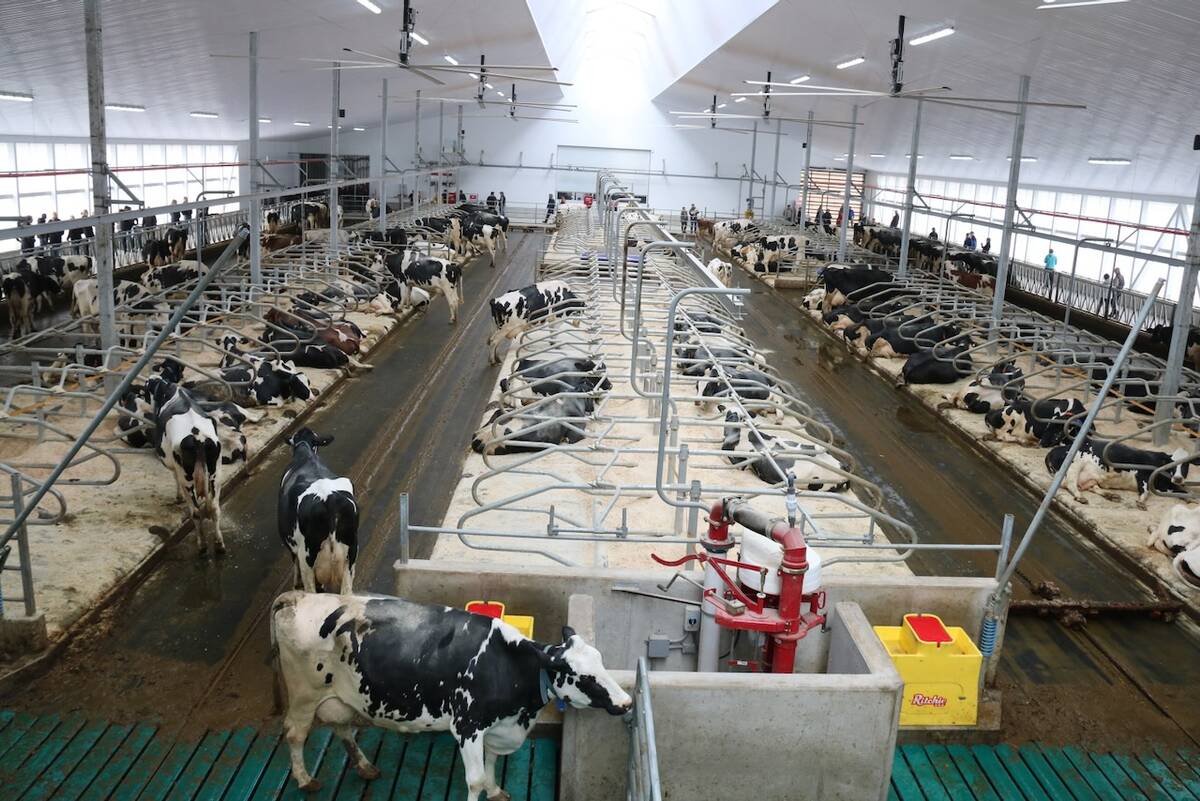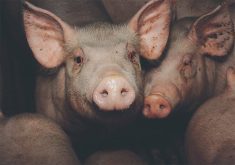Reuters – China’s leading pig producer Muyuan Foods used only 9.8 per cent soymeal in its feed last year, cutting costs as feed prices soared, chairman Qin Yinglin said recently.
Qin’s comments follow guidelines from Beijing to its huge livestock sector last month to lower the soymeal and corn content in feed after record imports of both during 2020.
Beijing’s guidelines were voluntary. Muyuan, though, known for its low-cost hog production, could influence others to follow its lead, threatening China’s annual US$40 billion in soybean imports.
Read Also

Canadian farm milk price changes to reflect growing protein demand
Protein demand is growing, so the provincial boards that set how Canadian dairy farmers are paid are changing how much protein is emphasized in milk pricing.
“We recommend a low-protein diet for raising pigs. Currently the consumption of soybean meal for pig feed in our country is too high,” Qin told a conference.
The industry average of 18 per cent is almost twice what Muyuan uses, said Qin.
Muyuan began working to lower protein levels in 2000, Qin said, and this year he submitted a proposal to parliament calling for less wastage of soybeans.
Qin is a delegate to the National People’s Congress, China’s parliament, which meets every year in March. Delegates can submit proposals for new legislation or regulation for consideration during the congress.
China’s livestock sector uses about 70 million tonnes of soymeal a year. It imports around 100 million tonnes a year, more than 60 per cent of the global trade.
Reducing soymeal use could lower dependence on imports, lower costs and reduce emissions, according to Qin’s proposal.
Muyuan saved 28 yuan per pig, or 560 million yuan in total, by using less soymeal and increasing the use of amino acids, he said.















